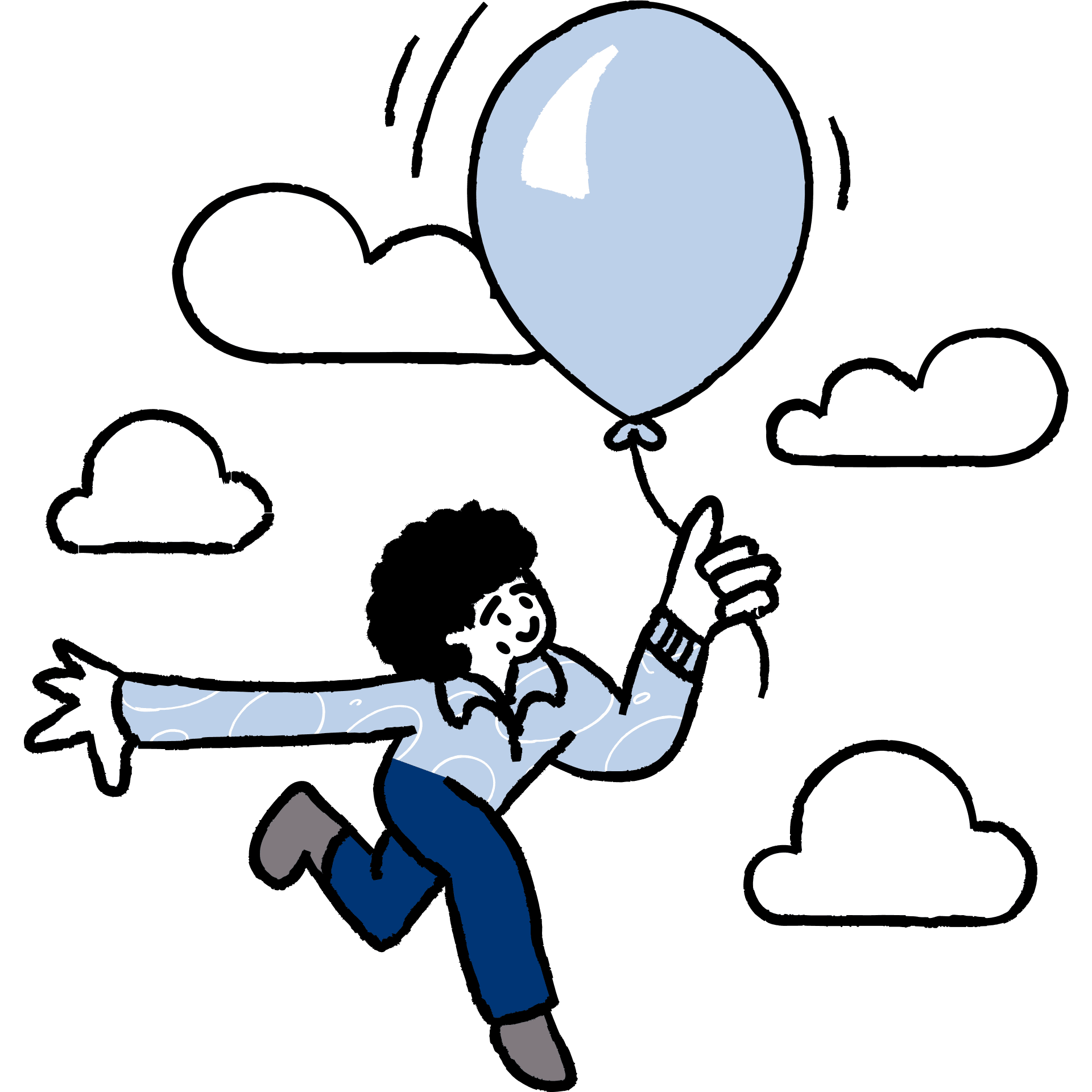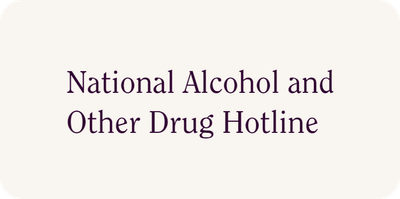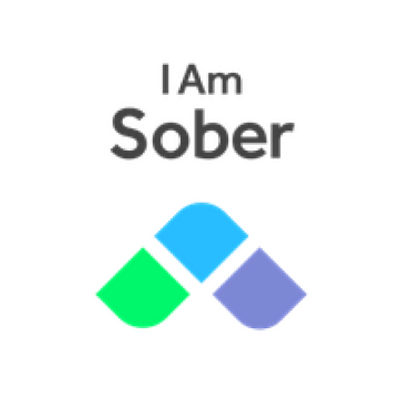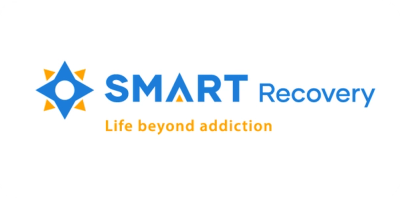What does substance misuse feel like and how can it affect me?
Substance misuse can look different for everyone.
For some, it might mean using more than they intended or struggling to cut back. For others, it could be about using substances to cope with difficult emotions or changes in mental or physical health.
Whatever your experience, it’s okay to acknowledge what’s going on. Understanding the signs and effects of substance misuse can be an important first step in finding the support that’s right for you.
Signs of substance misuse
Substance use can shift from something occasional to something that starts to affect different parts of your life. You might notice that you’re using more over time, struggling to stop, or prioritising substances over things that once felt important.
Some common signs include:
- Feeling strong cravings or urges: Wanting to use a substance, even when you weren’t planning to
- Needing more over time: Using larger amounts to try and feel the same effects
- Finding it hard to cut back: Struggling to stop or reduce use, even if you want to
- Prioritising substance use over other parts of life: Finding that work, relationships, or commitments are taking a back seat
- Spending money on substances, even when you can’t afford it: Struggling financially because of substance use
- Making sure you never run out: Thinking ahead to ensure you always have access to the substance
- Taking more risks than usual: Using substances in unsafe situations, like driving or sharing needles.
If you recognise any of these experiences in yourself or someone you care about, know that you’re not alone. Support is available, and there are ways to take steps towards feeling better when you're ready.
How you might be feeling
Substance use doesn’t just affect your body. It can also have an impact on your emotions, thoughts, and relationships. You might find yourself turning to substances to manage difficult feelings or pulling away from people you care about.
Some common emotional and mental effects include:
- Feeling guilty or ashamed: Worrying about how much you’re using or the impact it’s having
- Using substances to escape emotions: Turning to substances to cope with stress, sadness, or overwhelming feelings
- Isolating yourself or hiding your use: Pulling away from loved ones or keeping your substance use a secret
- Feeling paranoid or manic: Experiencing distressing thoughts or mood changes after using
- Experiencing panic attacks: Feeling sudden waves of intense fear or anxiety.
- Understanding how feelings can influence the effects of a substance
The way a substance affects you isn’t just about what you take; it’s also about how you’re feeling and what’s happening around you at the time.
For example, having a drink while celebrating with friends can feel very different from having that same drink alone at home when you’re already feeling down or lonely. In some situations, it might be harder to control how much you use or to manage difficult thoughts and emotions.
“Once you start taking it frequently, it becomes a physical thing. You need to have it to get through the day.”
Physical effects
Substance misuse can also take a toll on your body, sometimes in ways that are easy to miss at first. Over time, you might notice changes in weight, sleep, or how you feel when you’re not using.
Some of the most common physical effects include:
- Fluctuation in weight: Unintended weight loss or gain
- Sleep problems: Struggling to fall asleep, stay asleep, or feeling constantly tired
- Feeling unwell when you stop: Experiencing headaches, shakiness, nausea, or irritability when you're not using the substance
- Experiencing cravings: Feeling a strong urge to use the substance
- Experiencing withdrawal effects: Nausea, pain, or other discomfort when not using
- Increased heart rate and blood pressure: Feeling your heart race or changes in your blood pressure after use.
If you notice any of these in yourself, remember there are short term things you can do if you’re experiencing cravings, and long-term strategies that work to manage substance misuse.
You can also reach out to support services like the National Alcohol & Other Drug hotline.







